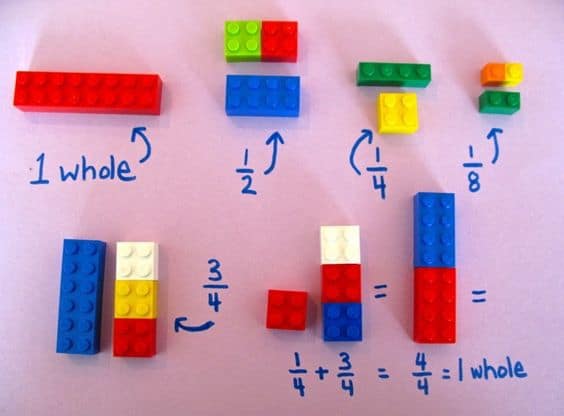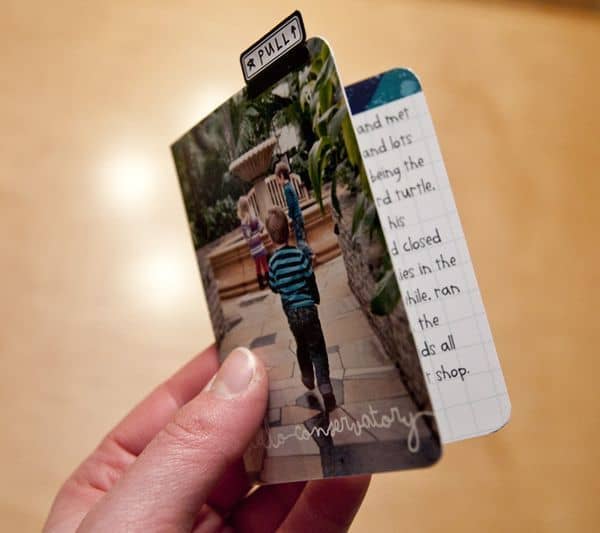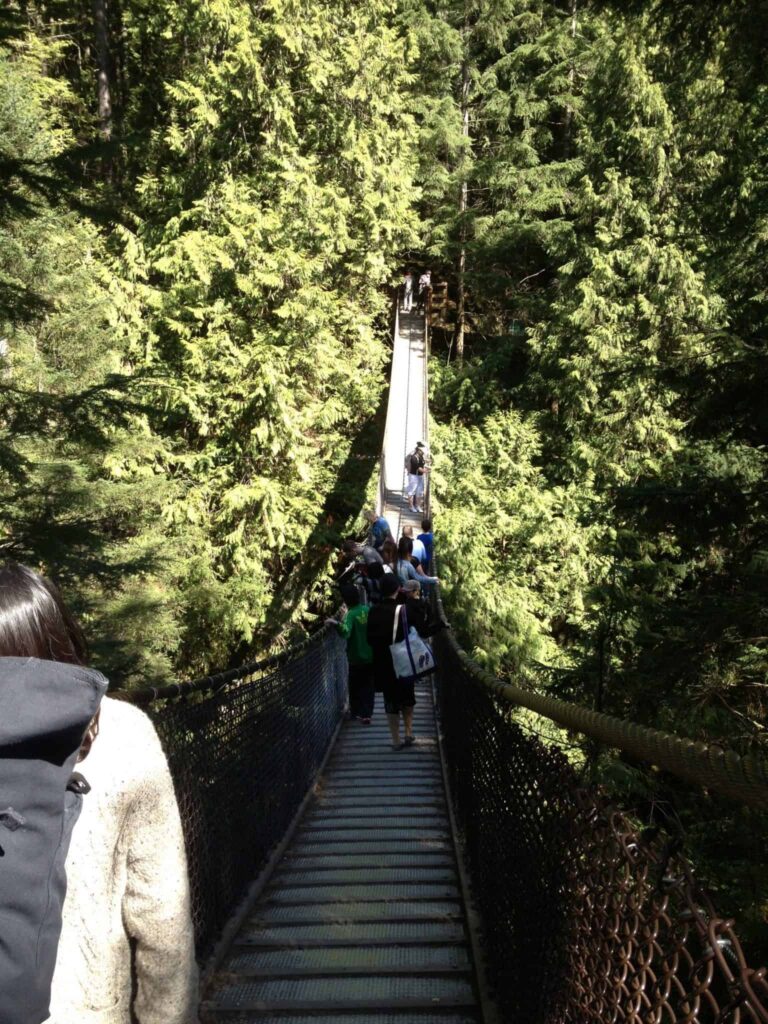- filed under: Family Life, Places to play
Bored Kids: Beating Summer Boredom
If you’ve read my post on bored kids you know that academic learning can be lost over the long summer months and that it often must be remastered before new content can be taught in the Fall.
I’m the first to advocate for awareness that not all learning is academic, and that a love of learning is the best possible lesson for kids to master, but teachers know the extended summer break makes getting back into the academic saddle rougher for those who have not spent any time on their basic skills. So, if the days are getting long at your house and you are looking for some ways to keep your kids up to speed with their academic learning, here are some ideas to help you keep your kids happy and learning until they can get back into their classrooms.
Mathematics
Speed and accuracy are important skills for mathematical fluency. But just as important is the flexible thinking required for advanced problem solving. So, now is a good time to review all the math facts your kids have been learning to streamline their ability to problem solve. Generally speaking, students in BC are expected to develop an automatic (teacher talk for super-fast and memorized) recall of facts with strategies for problem solving at increasing levels of complexity. If you would like to know more about what your child is expected to know in the areas of Mathematical thinking, be sure to check out the revised curriculum here.

The Internet is full of great ideas like this one from Scholastic .com
- Use a simple deck of cards to play endless games while practising Math facts
- Practice addition facts and subtraction facts using ten frames made from egg cartons
- Use lego to reinforce an understanding of fractions
- Read books that support Mathematical thinking. Here is a link to my post.
Here are loads of ideas on my Pinterest board for playful learning:
Reading
Most elementary classrooms spend the majority of their day in reading: silent reading, partner reading, reading aloud, listening to reading and reading for information. To recreate this at home you will need a lot of books. Now’s a good time to dust off your library card and make good use of those free resources. Ask your librarian to help you source out books that are at your child’s independent decoding level (teacher talk for the ability to sound out words). Choose from a variety of genres: try folk and fairytales, mysteries, historical fiction, biography, and of course, non-fiction. Maybe choose a special book to listen to on audio, because kids need to hear ‘expert’ readers to develop their own vocal style and increase their fluency (teacher talk for a child’s ability to read a text accurately, quickly and with expression), particularly students who are English Language Learners. There are many online resources for students that provide excellent opportunities for learning which are free or offer free trials. I quite like Tumblebooks, Star fall, and Raz-kids. To see the revised curriculum documents for English Language Arts in BC, please click here.
Writing
Writing takes up another very large chunk of time in the elementary classroom. We spend time writing personal narratives in journals, writing creative stories, writing reports, essays and observations of science projects, reflecting on our explorations in math, and writing poetry. For younger students, the easiest jumping off place is a personal photo. You can print off a photo from your summer collection and paste it to the top of the page of an exercise book. Then, have your child write their recollections and thoughts below it. Or, create a photo book using an online photo book creator and have your child type the story to go along with the pictures. To keep things fresh, use a different writing prompt or style each day. One day your child can write in journal style and the next they can create a list or write a poem. Rotating through the genres gives kids a fresh start and flexes their creativity muscles. To see the full curriculum documents for English Language Arts in BC, please click here. And thanks to Inthemoment.com for this great idea!

Physical Activity
Research is telling us very loudly and clearly that learning out of doors improves just about every measure of success you can imagine. If you need a break from your kids, combine Math, Reading and Writing one day to have your child plan their own field trip! Research hikes in your area with those library books or online: what time will we have to leave if the hike takes 4 hours? (a lesson in elapsed time) How much will it cost in gas if it takes 50 litres to drive there? Make a list of everything we will need for the day! In BC, the opportunities for getting outside are endless!

Science
Grow a garden, visit Science World or look up awesome experiments to try out online. One year, my class did an entire unit on designing experiments using Halloween Candy. It was a blast and a great way to use up their excess treats. Plan those experiments now and have fun when the Halloween loot arrives! The revised BC curriculum for Science can be found here. And you can buy The Curious Kid’s Science Book here.
Play Outside
I’ve got lots of posts on this blog to keep kids busy playing outside:
Learn how to build a mud kitchen
Learn how to build a big hotel
Learn how to build a fairy garden
Learn how to build a dinosaur garden
Looking for more inspiring ideas for home learning? Come follow me on Pinterest!
